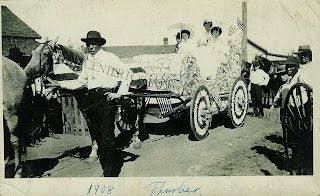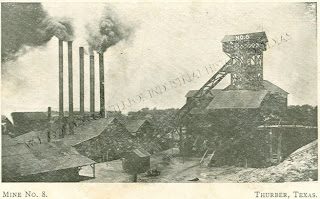Life After Work: Organized Social Clubs in Thurber, Texas
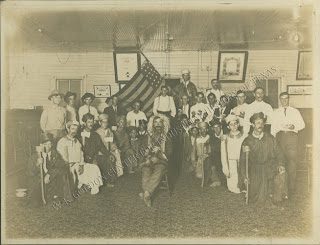
by Mary Adams
Thurber, Texas was at one time the largest community between Fort Worth and El Paso with a population of approximately ten thousand at its peak. People came to Thurber from diverse backgrounds and locations including at least eighteen different countries. Despite the size and diversity, the people of Thurber formed a sense of community through the fraternal organizations and clubs to which they belonged.

In her book, A Way of Work and a Way of Life: Coal Mining in Thurber, Texas 1888-1926 Marilyn D. Rhinehart noted “Private social associations that sponsored dances, sporting activities, dinners, and charitable activities abounded in Thurber.” Organizations were formed by friends, colleagues, and peers often along racial, ethnic, and class lines. Some clubs, such as the Lotus Club and the R. D. Hunter Fishing and Boating Club had limited membership while the others were open to all. By 1900, there were at least fourteen lodges or organizations in town including The Woodmen of the World, Shriners, Redmen, Masons, Ancient Order United Druids, and the Independent Order of Good Templars.
Lodges, clubs, and mutual aid societies were an integral part of social life in Thurber. They were a source of companionship, entertainment, benevolence, and patriotism. Independent Order of Good Templars organized box suppers and literary programs, thereby offering an entertainment outlet while urging its members to abstain from drink and tobacco. Whereas, the Improved Order of Redmen was founded on the principle of “freedom, friendship, and charity.” Its purpose was largely patriotic in nature. It encouraged respect for the American flag, and defense of the American government, and preservation of the democratic way of life.
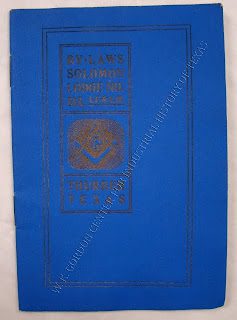
The Ancient Order United Druids originated overseas and came to America with the immigrants who settled here. Despite its origin, the lodge discouraged nativist attitudes and supported assimilation by holding balls in which “a large number of American men and women were seen … participating in the festivities.” According to an article printed in the Fort Worth Morning Register, July 7, 1900, the purpose of the organization is “to unite people together irrespective of nation, tongue, or creed, for mutual protection and improvement: to assist socially and materially by timely counsel and instructive lessons…to foster among its members the spirit of fraternity and good fellowship.
Lodges played a role in benevolence within the town and in the surrounding area. An injured man could call his brothers for financial aid when needed, could be quite generous. On September 9, 1900, the Fort Worth Morning Register ran an article praising the “T. & P. Coal Co and Thurber Citizens” for their generosity in coming to the aid of the victims of the 1900 Galveston hurricane. The support for this effort was widespread with many social organizations contributing total donation of over a thousand dollars.
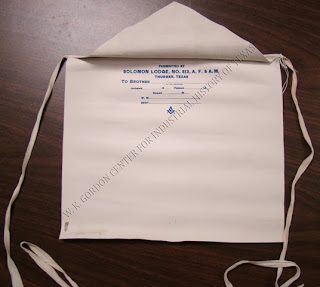
Though most of the organizations in Thurber were exclusive to men, women participated in their own groups. They often formed auxiliary lodges to the men’s such as the Rebekah Lodge which accompanied the Oddfellows or the Order of the Eastern Star associated with the Masons. In this capacity the women could support their husbands’ activities while enjoying a similar form of fellowship.
Another aspect of lodges, fraternal organizations, and mutual aid societies in a town like Thurber was the escape and or relaxation they offered to their members. Rhinehart sums it up well when she states that the “…lodges formed an integral part of the after-work world that workers created in Thurber. They succeeded particularly in a setting like Thurber because they affirmed a feeling of community in a very individualistic world and offered safety and fellowship to a group that experienced little of it at work.”




